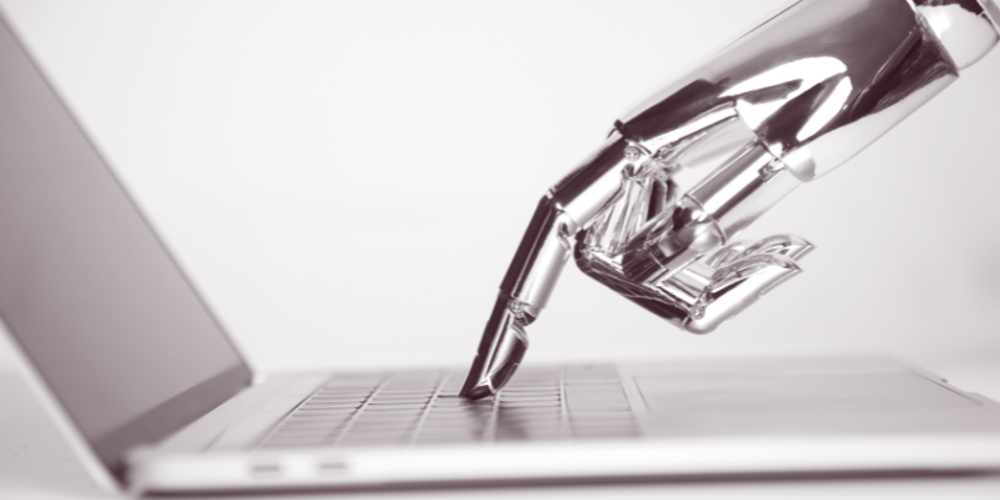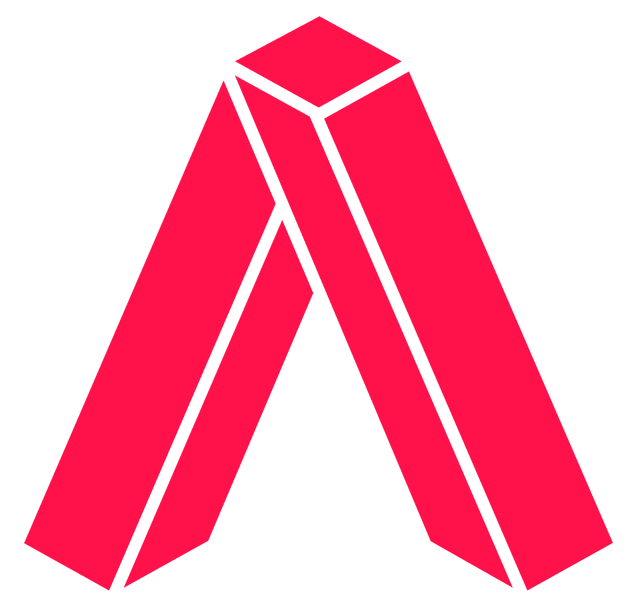Interview tips and common questions
Your CV has made its way from the stack on the hiring manager’s desk to the interview stage – nice one. Now it’s time to sell your skills and personality at the interview. Our job interview tips and list of common questions will help you prepare and show your best self on the day.
Research the company and the person you’re meeting
Read through the employer’s website. What type of business are they? How many employees do they have? What are some challenges they might be facing, and how would your past experiences alleviate some of those pains in the role you’re considering?
It’s a good idea to research the person you’re meeting as well. What’s their background? How do they fit into the organisation?Company websites are a good starting point, but you can also delve deeper and check out a person’s LinkedIn profile or do a Google search.
Having a better understanding of the company and your interviewer can put you at an advantage; it shows you’re serious about the role and you’ve done your homework.
Rehearse your interview responses
A good tip for phone interviews or in person meetings; go through some example questions and answers with a friend. This will help build your confidence, highlight any areas you might be weaker in, and helping you practice giving concise answers to job interview questions. Friends can also give feedback on whether you’re speaking too quickly or if your answers are difficult to follow.
A good way to practice giving your answers is with the STAR method – explain the Situation or problem, what Task or goal you worked toward, your Action and the Result of the steps you took.
Be on time and remember who you’re meeting
We’ll let you know the name and title of anyone you’re meeting with but, if you forget, please ask us before the interview. Be sure you know the time and place of your meeting, but don’t leave the journey to chance – check public transport schedules in advance so you allow enough time.
If you’re driving, allow extra time for traffic and parking. Arriving 5 to 10 minutes early is a good way to make a positive first impression; any earlier, and the interviewer will likely not be ready for you. Be friendly and courteous to everyone you come across – you never know who is reporting back on their encounter with you.
What to wear to a job interview
Take extra care to make a good impression on interview day, and look the part. Decide on your outfit the night before, and make sure it’s clean and pressed. How formally you dress should reflect the seniority, company and industry of the role you’re interviewing for. We recommend erring on the side of caution – it’s better to be slightly overdressed than underdressed.
Think about your body language
It’s important to consider your body language during the interview. Acting natural and relaxed is often easier said than done when you’re nervous, but adjusting your stance can positively impact your interview. Sit up straight, lean forward when listening, maintain eye contact – and don’t be afraid to smile.
Sell your skills
An interviewer may see several candidates in a day who all start to blur into one. They usually remember the ones who have something interesting to say and can back it up with evidence of what they’ve done in the past.
When practicing for the interview, write down your skills, strengths, achievements you’re most proud of and sticky situations you’ve excelled in managing. Be sure you can justify your skills with concrete examples (the STAR method is really useful here, too). Don’t forget to consider where there’s room for improvement in your professional life, and show what steps you’re taking to develop those skills.
Common interview questions
Below are some typical questions you might encounter in a job interview. Even questions like “How do you work under pressure?”, which seemingly require a concise answer, are a great opportunity to use the STAR method to sell yourself.
- Tell me about yourself
- Where do you see yourself in the short/long term?
- What are your biggest accomplishments?
- How do you work under pressure?
- Why should I hire you?
- What’s the most difficult situation you’ve faced and how did you deal with it?
- Do you prefer working alone or as part of a team?
Interview questions to ask the employer
An interview isn’t just about an employer grilling you; this is your opportunity to discover whether they’re a good fit for your own professional goals. Don’t be afraid to ask questions to dig in and get a better sense of the role, the team and the culture. Skip questions about leave, benefits and salary negotiations at this stage – that will come later in the process. Try asking some of the questions below:
- What attributes would you hope that I bring to the job?
- What type of projects would I be delving into on day one?
- What training and induction do you provide?
- Can you tell me about the current team and how this role fits into it?
- What sort of internal culture does the company promote?
- What are the opportunities for career progression?
Follow up after your interview
It’s always a good idea to send a follow up thank you email to show your appreciation for your interviewer’s time, and reiterate your interest in the position. Even if you don’t secure this role, it’s a great networking opportunity for the future.












